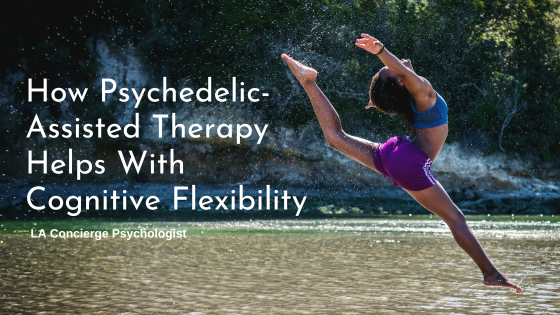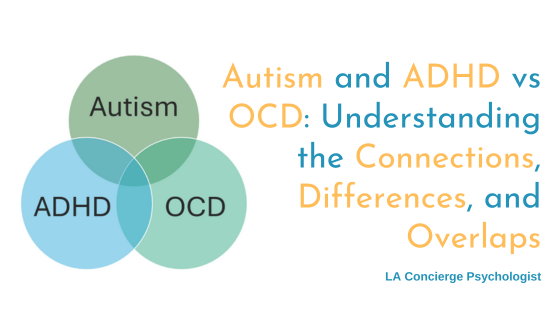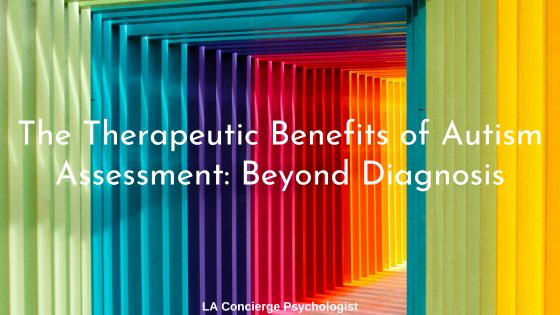Masking autism is an utterly exhausting task. It’s not just a matter of toning down behaviors allistic people might perceive as strange; masking autism includes changing the core parts of who you are to blend into a neurotypical world. Doing it often can cause burnout, mental and physical pain, and a loss of self. Ideally, autistic people could just rip off the masks and live authentically. This is the goal, but the consequences of not masking can be both socially and physically dangerous. And it’s often difficult to tell when it’s safe to be authentic. So, unfortunately, many autistics feel compelled to mask as a matter of staying safe.
But to do something so strenuous and painful for so long, people need tricks and strategies. There are many positive coping strategies for mask fatigue. But, if those aren’t available, autistic people sometimes turn to less healthy coping strategies to get through their daily masquerade.
Objectively, there isn’t wrong with any particular strategy in moderation. But the strategies discussed in this article frequently create long-term problems for autistic people if they are employed too regularly. It’s important to be aware of your coping strategies and to find the balance between help and harm for each strategy. This, unfortunately, adds another layer of stress to masking. But, it’s important for the sake of mental and physical safety that coping mechanisms are chosen carefully, with the focus on achieving the greatest benefit with the least amount of personal harm.
In his book Unmasking Autism, Dr. Devon Price lays out problematic coping strategies used by autistic people and the impacts they can have on their lives. This blog discusses five of those strategies, why they happen, which needs they are trying to meet, and how they can become problematic if allowed to go on for too long.
Substance Abuse
Many autistic people rely on substances to cope with the challenges of being autistic in a neurotypical world. Alcohol and other drugs can provide a buffer from an assaulting sensory environment. The cloudy vagueness of being buzzed dulls sensory inputs that many people find far too over-stimulating. This tool is especially helpful when the autistic person is forced to socialize in a loud and crowded setting, like a bar or restaurant, or with a group of people they don’t know. The shouts of their companions, loud music, clinking of glasses, and any other loud intrusive noises can become too much, and substances become a convenient way to dull those sensitivities so the person can be present without shutting down.
Alcohol dulls the emotional senses as well. Many autistic people find it deeply anxiety-inducing to socialize and blend in with neurotypicals. There is always the risk of not reading the situation as allistics are or encountering a social situation for which there is no script. This is, at best, disorienting. And, at worst, can completely ruin an evening. The presence of alcohol provides a script unto itself. It also makes many people feel significantly more confident. Having a few drinks while out with friends means someone doesn’t have to try as hard when they want to have fun socially.
Objectively, using substances to relax sometimes isn’t a problem—many people do it. But, if someone’s life involved a lot of socializing or a lot of stress, then what started as a coping strategy quickly turns into a substance use problem. Just because alcohol makes someone feel confident and relaxed, when they might otherwise shut down, doesn’t mean it doesn’t have negative effects. If someone regularly consumes large amounts of alcohol or drugs to cope with their sensory and anxiety needs, they could end up with more damaging physical and mental consequences.
Eating Disorders
There is research being done on the strong link between autism and eating disorders. They are believed to be especially common in autistic people who mask, due to the extreme amounts of anxiety they experience on a daily basis. This rising anxiety, combined with the disconnection from self caused by masking, creates a breeding ground for disordered eating.
Eating disorders are common in the autistic population in general. Many people have strict rules about the foods they will eat and limitations surrounding tastes and textures that trigger sensory issues. However, the connection between eating disorders and masking autism can go much deeper. It’s often a quest for control when someone feels like they are unable to control their emotions or environment. Eating disorders provide that sense of control– they may not be able to rule their lives, but they can rule their bodies.
However, the eating disorder is still damaging their bodies, and it’s important that they get support so they can work on recovery. Eating disorders can be deadly, and the autistic person needs autism-affirming help to find safer and more beneficial coping mechanisms. (If you struggle with disordered eating and are autistic, Dr. Melody Abbene can help you if you’re in California or Texas)
Detachment and Dissociation
This article already discussed how some masked autistics use substances to dull the sensory and emotional effects of navigating a world that doesn’t understand them. But that’s not the only way to dull their impact. Some people choose to practice intentional detachment and dissociation to protect themselves from intense emotions, like grief or rage. Others disconnect from the people and environments around them so that sensations and feelings don’t hurt them as much. If someone practices this regularly, they can do a lot of damage to their mental health and their personal relationships, even the ones they consider support systems.
This kind of detachment can encourage an autistic person to intentionally disconnect from the people around them. It’s a protective measure, but they may begin to push things away indiscriminately. In turn, this increases their feelings of isolation and removes sources of support. This kind of choice can be hard for other loved ones to understand, so friendships may be damaged or destroyed for the sake of temporary relief.
Fawning and People Pleasing
Autistic people often struggle with “people pleasing” and go to great lengths to keep others happy, even at their own expense. Some autistic people want to gain neurotypical approval, or, at least the very least, to fly under the neurotypical radar. This can lead directly into people pleasing behaviors. Many people think that, if they do what another person wants, they will gain acceptance and perhaps a pass into the neurotypical world.
Many have also been told their whole lives that they are ‘weird’ or have been rejected in other ways. Dr. Price explains that people pleasing lets the masked autistic person have a script that can be applied in all situations: the only appropriate thing to do is say ‘yes’. This reduces many conflicts, but also makes the autistic person vulnerable to manipulation and abuse. When someone learns they must say yes at all times, it reduces their ability to protect themselves from toxic or unsafe requests. It also removes their personal agency and their understanding of how to prioritize their own needs. They start defining themselves by how well they fulfill the requests and needs of others, at their own expense.
Rigid Rules and Belief Systems
Most autistic people have sets of rules and rituals they use in their daily lives. Unfortunately, at a certain point, these rules can become inflexible. They begin to interfere with the autistic person’s life and the lives of the people around them. This usually happens for logical reasons. Living in black and white and prescribing to rigid rule systems provides a structure and concreteness to a world that can seem unsettlingly abstract and alien. Having these set ideas helps people create expectations that they can manage in social situations. And if the structure comes from a group, religion, or other organized sense of community, rigid adherence to the practices of that group help the autistic person feel like they are part of an inner circle… a feeling denied to most autistic people due to societal ableism and discrimination.
This behavior becomes problematic when it goes to extremes. Especially in times of stress, the autistic person may prioritize their rules system over the needs of others (and even their own needs). It also becomes problematic when the desire for structure draws people into political or religious groups that might have radical or harmful beliefs. Cults are one example of this type of group. The autistic person may find belonging and structure. But, they might also start excluding their support systems, relying heavily on the group, and engaging in activities that could get them in legal trouble or harm them mentally and emotionally.
Discover Healthier Coping Mechanisms
The coping strategies in this article often do not work long term and can be harmful, but there are safer and healthier ways to get the benefits that avoid the emotional and physical risks. Start by learning which needs the coping strategy are trying to meet. Once that’s identified, it’s possible to find a safe and effective strategy that makes space for authenticity and autonomy.
It takes time. But, with intentionality and reflection, it’s possible to find coping strategies and accommodations that will make existing more bearable. If you need support in discovering healthier coping mechanisms that are neurodivergent-friendly, work with one of our adult autism specialists. Book a free 20 minute consultation call with Dr. Barajas or Dr. Goldman.



